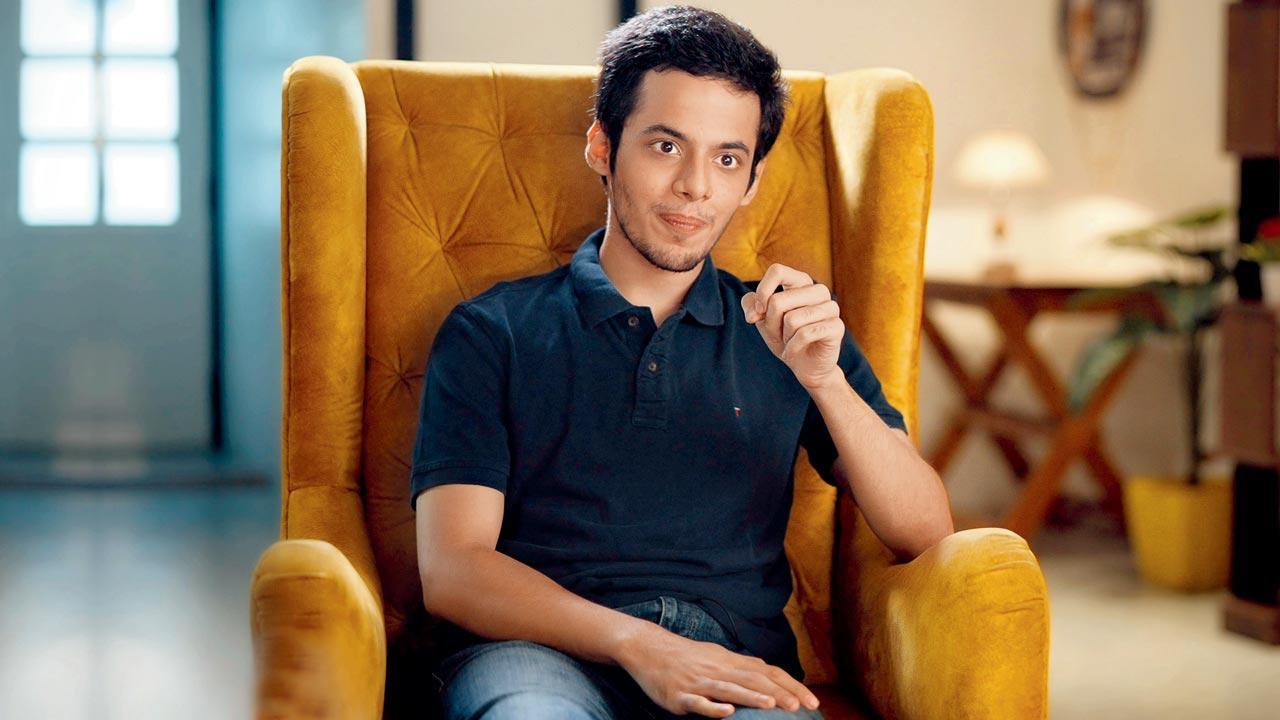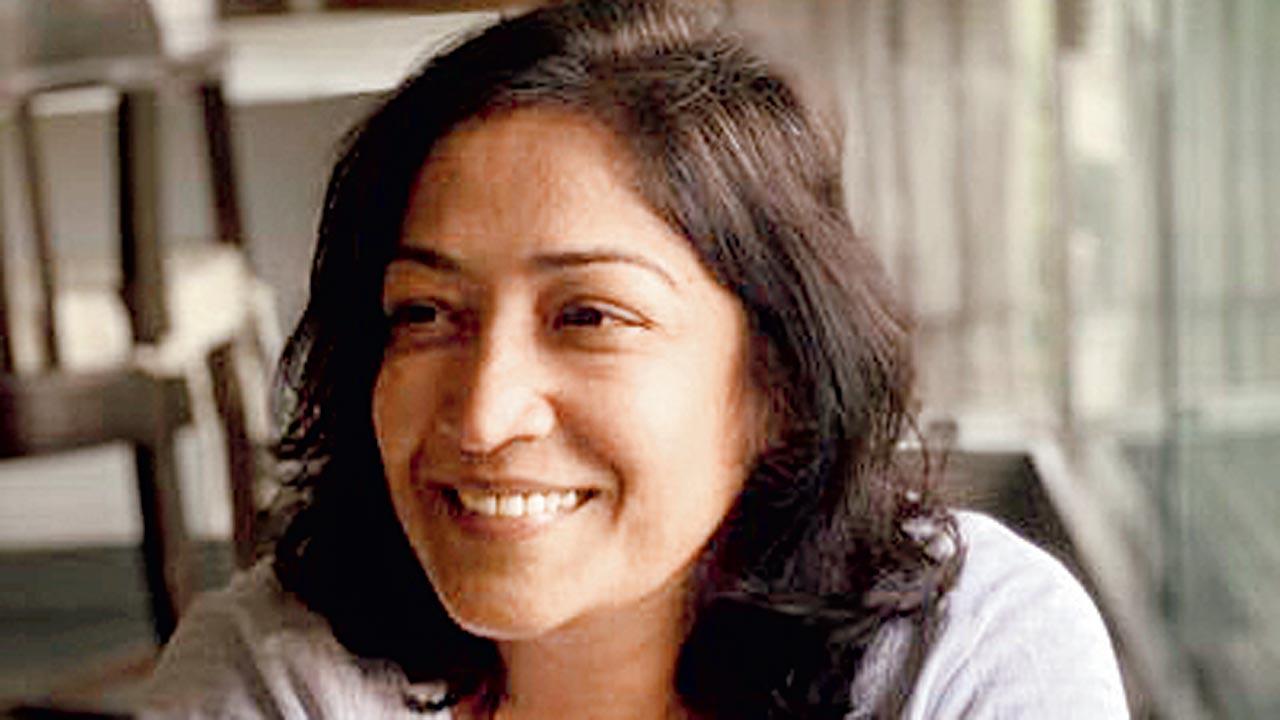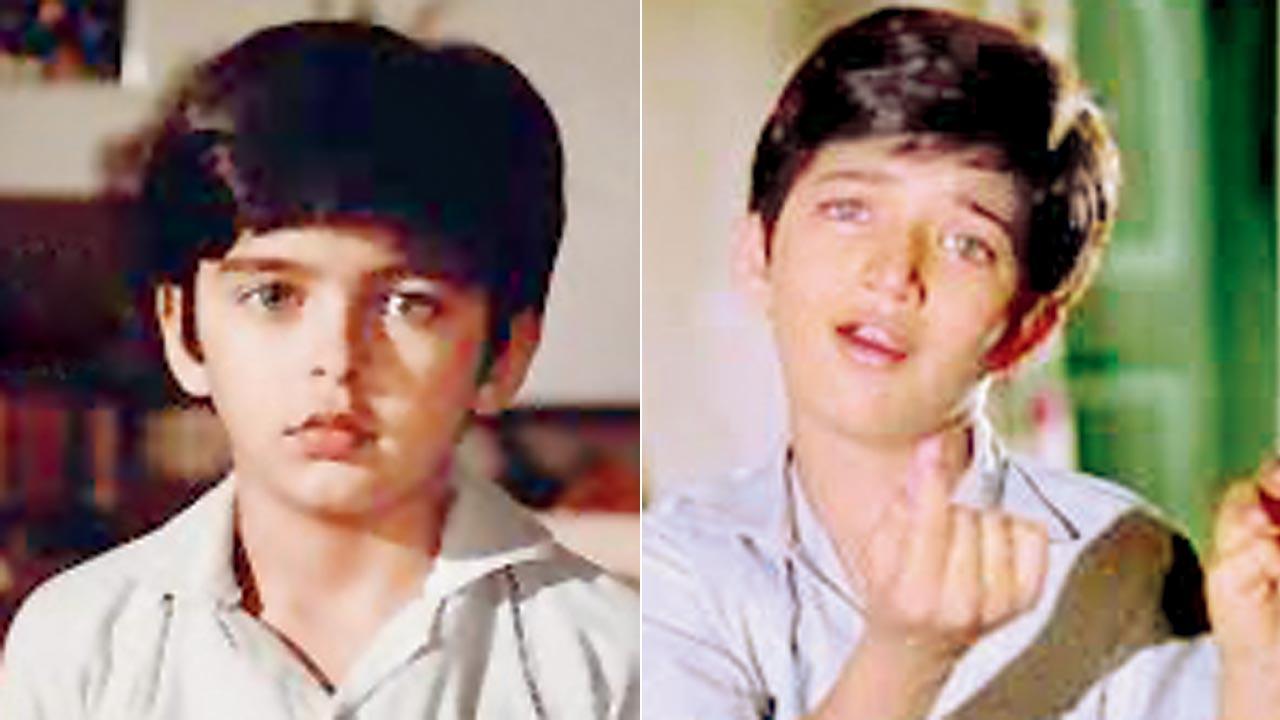As First Act delves into child actors’ lives and psyche, director says onus is on producers and parents to ensure their well-being

Darsheel Safary
For decades, editor-filmmaker Deepa Bhatia has witnessed child actors trying their luck in front of the camera, some becoming immensely popular, others quickly forgotten. Through First Act, she delves deeper to understand the complex relationship the Hindi film industry has with child actors and their parents. While Bhatia has written and directed the six-part docu-series, she mentions that filmmaker-husband Amole Gupte—whose Taare Zameen Par (2007) and Stanley Ka Dabba (2011) had child protagonists—is the driving force. She remembers how Gupte prioritised the kids’ comfort over his shoot, a style unseen in Hindi cinema until then. “When I was editing films, I was accustomed to how the mainstream industry worked. During Stanley Ka Dabba, I couldn’t understand his process of workshopping and shooting in four hours. The obsession Amole has for the kids’ comfort changed me. In our productions, the child actor matters more than stars. He will give up a good shot, but never push a child into a space of discomfort,” she says.
ADVERTISEMENT
Amazon Prime Video’s docu-series features interviews of popular child actors Sarika and Darsheel Safary, as well as filmmakers such as Gupte and Shoojit Sircar. It also throws light on how the movie industry is bound by laws to protect kids, beginning with how they should not be made to work beyond five hours a day. “It is up to two institutions to protect the well-being of kids—the producers and parents,” she emphasises.
 Deepa Bhatia
Deepa Bhatia
Bhatia adds, “Sometimes, the parent is too pushy, but if [the industry was] always following rules, there wouldn’t be scope for parents to push their kids. The five-hour cut-off has to be mandatory. Sometimes, parents say that the kid can cope [with long hours]. But coping shouldn’t be a benchmark. Give kids breathing time and the space to be creative and thrive.”
Be it Nick Jonas or the late Matthew Perry, star kids, who went on to become celebrities in their adulthood, have spoken candidly about the impact of early stardom on their psyche. Bhatia, too, delves into it. “If fame is that intoxicating, parents need to help their children deal better with it. When Partho [Gupte, actor-son] had a release and people did massive stories on him, we never even showed the papers to him. It should be like an annual day performance—the audience clapped, you enjoyed it and the next day is just another day. Darsheel saw the peak of success with one film, but he took a break after a few movies. Now, he is making a restart, [after becoming] more aware of who he is. It is important to not inflate the kids’ egos. This generation is also growing up amid social media. They shouldn’t look for fame; they should look at it as an educational [step] for a career that will sustain through peaks and troughs.”
 Jugal Hansraj as child actors; (right) Sarika
Jugal Hansraj as child actors; (right) Sarika
For every star kid who makes it big, there are many famous ones who are forgotten. A prime example being Sunny Pawar of Lion fame, who attended the 2017 Oscars. “Would anyone have forgotten a star kid like that? But he holds no bitterness. I remember telling him that showbiz forgets everybody, but it takes only one hit to resuscitate.”
 Subscribe today by clicking the link and stay updated with the latest news!" Click here!
Subscribe today by clicking the link and stay updated with the latest news!" Click here!












